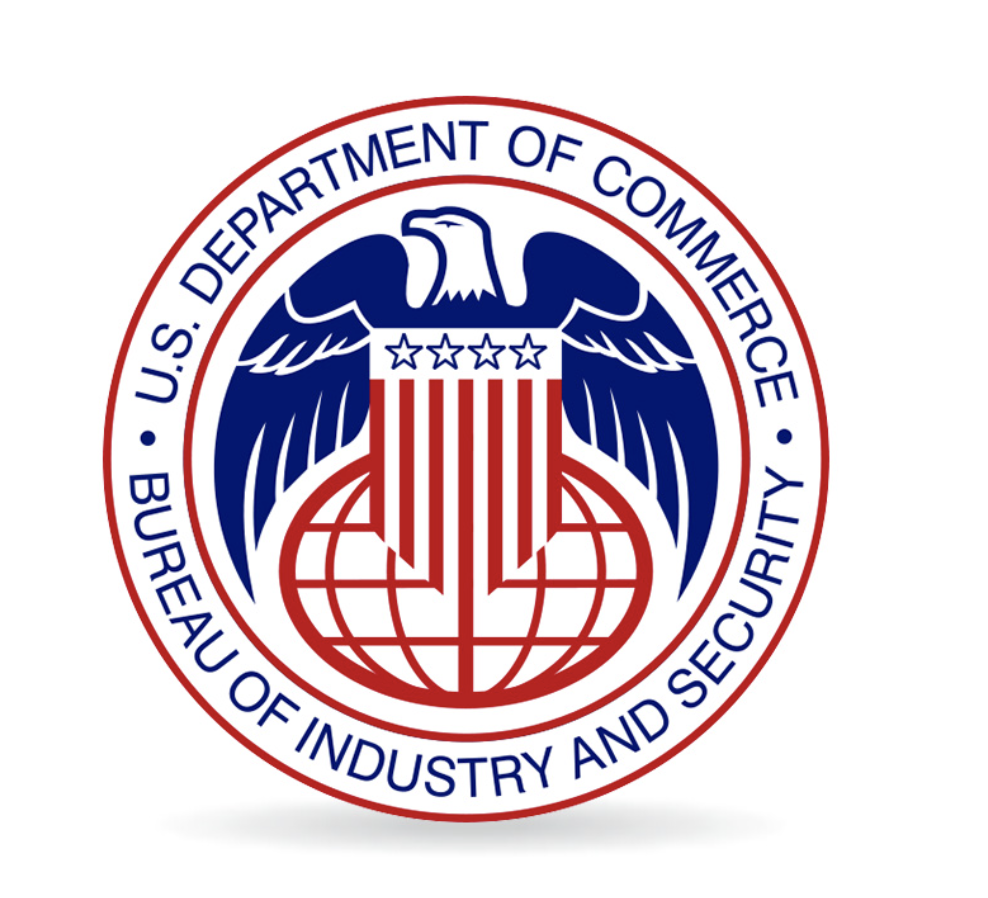BIS Reaches $151,875 Settlement with Quantum Corporation Over Violations of the EAR’s Antiboycott Provisions
On September 30, 2024, Quantum Corporation—a U.S.-based technology company— reached a settlement with the U.S. Department of Commerce’s Bureau of Industry and Security (“BIS”) to resolve 45 separate violations of the antiboycott provisions of the Export Administration Regulations (“EAR”). The antiboycott provisions of the EAR are a critical component of U.S. export control regulations designed to prevent U.S. businesses from participating in or supporting foreign boycotts that conflict with U.S. foreign policy. Specifically, the regulations aim to counter foreign pressures to further the objectives of the Arab League boycott of Israel, a country considered to be a close ally of the United States.

The underlying violations arose from Quantum’s failure to report boycott-related requests it received during business transactions with entities in the United Arab Emirates (“UAE”) over a 17 month period. Following an investigation conducted by BIS, Quantum was subjected to a civil monetary penalty of $151,875. The latest enforcement action against Quantum highlights the serious legal and financial repercussions that U.S. companies face when they fail to comply with U.S. antiboycott regulations.
According to documents released by BIS in connection with the enforcement action, Quantum’s violations resulted from the company’s business dealings in the UAE—a region where U.S. companies frequently face compliance challenges due to the Arab League’s longstanding boycott of Israel. Between approximately July 2018 and December 2019, Quantum received 45 distinct boycott-related requests from its UAE-based distributor. These requests, as documented in the enforcement action, primarily required Quantum to specify the country of origin on each shipping line and prohibited the inclusion of any products originating from Israel. For instance, the requests specified that products with a country of origin marked as “Israel” were not acceptable for delivery. These demands are reflective of the restrictive trade practices linked to the Arab League boycott and fall squarely within the ambit of the EAR’s antiboycott provisions.
Under Section 760.5 of the EAR, U.S. Persons are required to report to the U.S. Department of Commerce any boycott-related requests they receive, regardless of whether they comply with or reject the request. The mere receipt of a request to engage in an unsanctioned boycott creates an immediate legal obligation to report it. Notably, Quantum failed to report any of the 45 boycott-related requests it received during its dealings in the UAE, thus violating the aforementioned reporting requirements.
Quantum’s violations underscore the critical importance of adhering to the reporting obligations set forth in the antiboycott provisions. The violations in this case were not based on Quantum’s participation in the boycott but rather on the company’s failure to report the requests it received. This enforcement action illustrates the strict liability nature of the reporting requirement; the failure to file the necessary reports with the Department of Commerce is itself a violation of the EAR, irrespective of whether the company actually complies with the boycott-related request. The $151,875 penalty imposed on Quantum serves as a clear warning to other U.S. companies that non-compliance with the reporting obligations can carry with it significant legal repercussions.
For U.S. businesses engaged in international trade—particularly in regions like the Middle East where restrictive trade practices are more prevalent—the Quantum enforcement action emphasizes the need to implement comprehensive compliance protocols that address the complexities of antiboycott regulations. It is essential that companies develop internal controls and reporting procedures capable of identifying and escalating boycott-related requests for timely reporting to BIS. Without such mechanisms, companies may face the risk of inadvertent violations and substantial penalties.
To mitigate these risks, U.S. companies must focus on training employees—particularly those involved in international sales, procurement, and compliance functions—to recognize boycott-related requests and to escalate them through appropriate channels. Comprehensive training programs should be supplemented by well-defined reporting protocols that ensure all boycott-related requests are properly documented and reported in accordance with U.S. law. Furthermore, regular compliance audits should be conducted to review international transactions for any boycott-related issues and to ensure that the company’s reporting obligations are being met in a timely and accurate manner. Finally, U.S. companies should consider incorporating antiboycott compliance clauses into their international contracts. These clauses should make clear that the company will not engage in or support any foreign boycott that is not sanctioned by the U.S. government. By proactively addressing the issue in a contractual context, companies can reduce the likelihood of receiving boycott-related requests and better insulate themselves from potential legal exposure.















